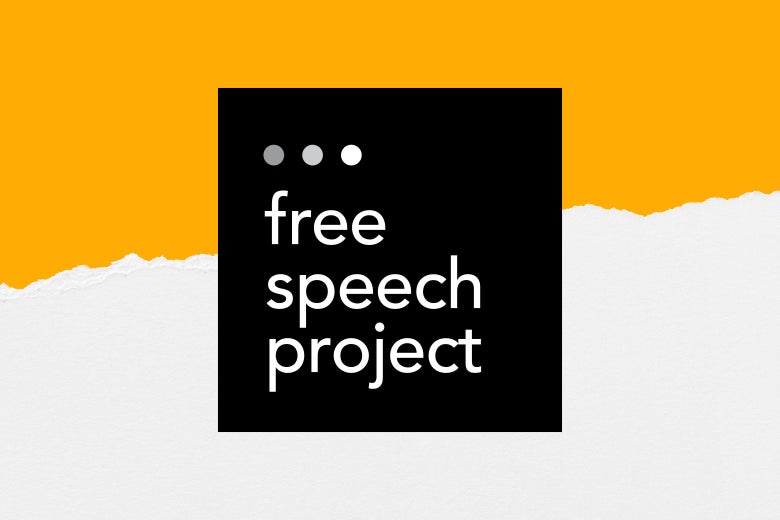
Holly Allen/Slate
Not long ago, the ubiquitous, open internet promised unfettered, borderless communication and, along with it, the democratizing, empowering values traditionally associated with free speech. But while the internet has undeniably connected people and allowed for near-instantaneous sharing of information, it has not always been free and open, and some of its transformative impacts have been decidedly unhealthy. Bullies, pedophiles, violent extremists, malicious foreign governments, and a range of other nefarious players have capitalized on online platforms’ power to disseminate their hateful behavior, ideologies, and images online—putting at risk our personal and national security, our democracy, and even our faith in the defining line between truth and lies.
In response, countries around the world are taking steps to limit what can and can’t be distributed online—increasingly going so far as to shut the internet down entirely. Some of the major gatekeepers controlling access to the dissemination of speech online, such as Google, Facebook, and Twitter, have hired thousands of content curators to try to address the harms. As platforms find themselves stuck between the promise of connecting the world and the demands that they police harmful speech and actors, they have developed shifting terms of service, ad policies, and accountability mechanisms. Faced with abuse and misinformation, many Americans find themselves questioning our nation’s historically staunch belief in the absolute nature of our First Amendment free speech rights, and not only online.
Yet, the quick fixes—internet shutdowns, calls for ever closer monitoring and censoring of unwanted speech, bans on political advertising—often yield their own sets of unintended and often undesirable consequences. We’re left with core, unresolved questions about how to define and protect free speech, while also addressing the real-world harms.
The Free Speech Project—a collaborative effort between Future Tense and the newly launched Tech, Law, & Security Program at American University Washington College of Law—will examine the many ongoing debates about free speech (and its boundaries) in a series of live events and articles published on Slate over the course of the year. The project is an open-minded and far-reaching inquiry, posing questions and seeking reflections from diverse perspectives. We will put the issues into a historical context, revisit the strengths of traditional free speech doctrine, look at the evolving regulation of political ads, address thorny issues of intermediary liability, examine the roles of foreign censors and foreign platforms, consider the harms speech can inflict on vulnerable communities, and ask whether the First Amendment needs an update.
We invite you to join our Free Speech Project, by reading our articles, attending our events, and sharing with us your thoughts on the future of free speech. The first event will be held Feb. 24 at American University in Washington. For more information and to RSVP, visit the New America website.
You can keep up with the Free Speech Project by following Future Tense on Twitter and subscribing to our newsletter.
Future Tense is a partnership of Slate, New America, and Arizona State University that examines emerging technologies, public policy, and society.
from Slate Magazine https://ift.tt/2wbF6bb
via IFTTT
沒有留言:
張貼留言